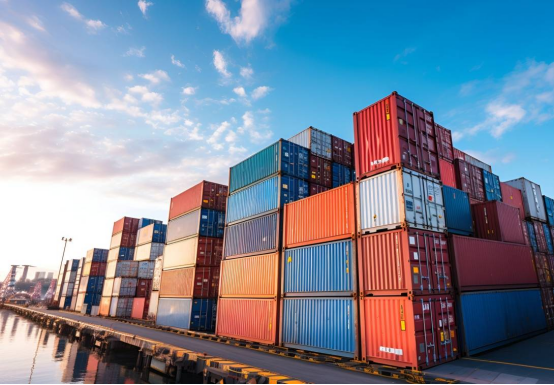1.Main Features of Centralized Procurement of Machinery and Equipment
Centralized procurement of machinery and equipment possesses distinct organizational characteristics, primarily characterized by the specificity and uniformity of the procurement entity. Typically, corporate headquarters, a group procurement center, or a dedicated procurement management department serves as the unified entity, coordinating the machinery and equipment procurement needs of subordinate units or departments. This model breaks the fragmented, independent nature of centralized procurement, avoiding the resource waste and management chaos associated with multiple procurement efforts.

Image Source: 699pic.com
Secondly, centralized procurement's scale and volume are another prominent feature. By aggregating dispersed procurement needs into larger batches, centralized procurement offers greater bargaining power. For machinery and equipment with high unit prices and complex technology, such as large metallurgical equipment and precision instruments, centralized procurement can consolidate scattered demands into large-scale orders, establishing more advantageous partnerships with suppliers.
Furthermore, the standardization and regularization of procurement processes are key features of centralized procurement. From demand submission and bidding review to contract signing and contract performance acceptance, centralized procurement has established a comprehensive set of standardized processes, and this process is fully managed through an information system. This standardized operation not only ensures an open, fair, and impartial procurement process, but also effectively mitigates procurement risks.
2.Core Advantages of Centralized Procurement of Machinery and Equipment
Bulk purchases can secure more favorable price discounts from suppliers, especially for machinery and equipment with mature technology and strong market competition. Suppliers often offer price concessions of 5%-20% to secure large orders.
Centralized procurement departments are typically staffed by professionals familiar with machinery and equipment technical specifications, market conditions, and procurement regulations, enabling them to rapidly complete tasks such as demand analysis, supplier screening, and contract negotiation.
Centralized procurement facilitates unified management and dynamic evaluation of suppliers, allowing for the timely elimination of unqualified suppliers and reducing the risk of supply chain disruptions.
- pre:Application and Advantages of Auto Buffing Machine in Scenarios
- next:Machine Electronics Equipment Selection Guide: A Full-Process Strategy from Demand to Implementation
Please click to consult us immediately or call the hotline: 4006-979-616We will solve the problems in your heart in detail。Online consultation



 Online Service
Online Service
